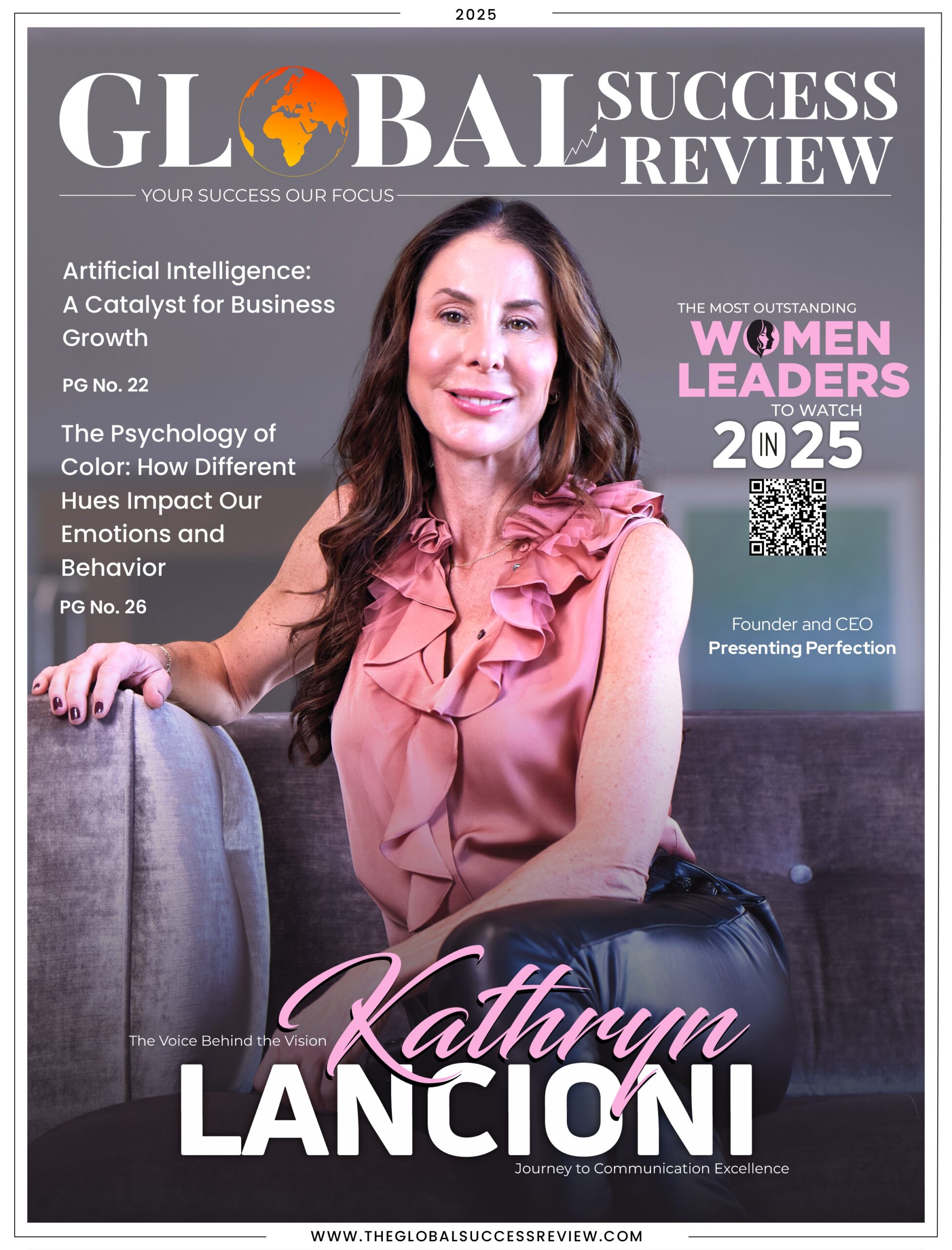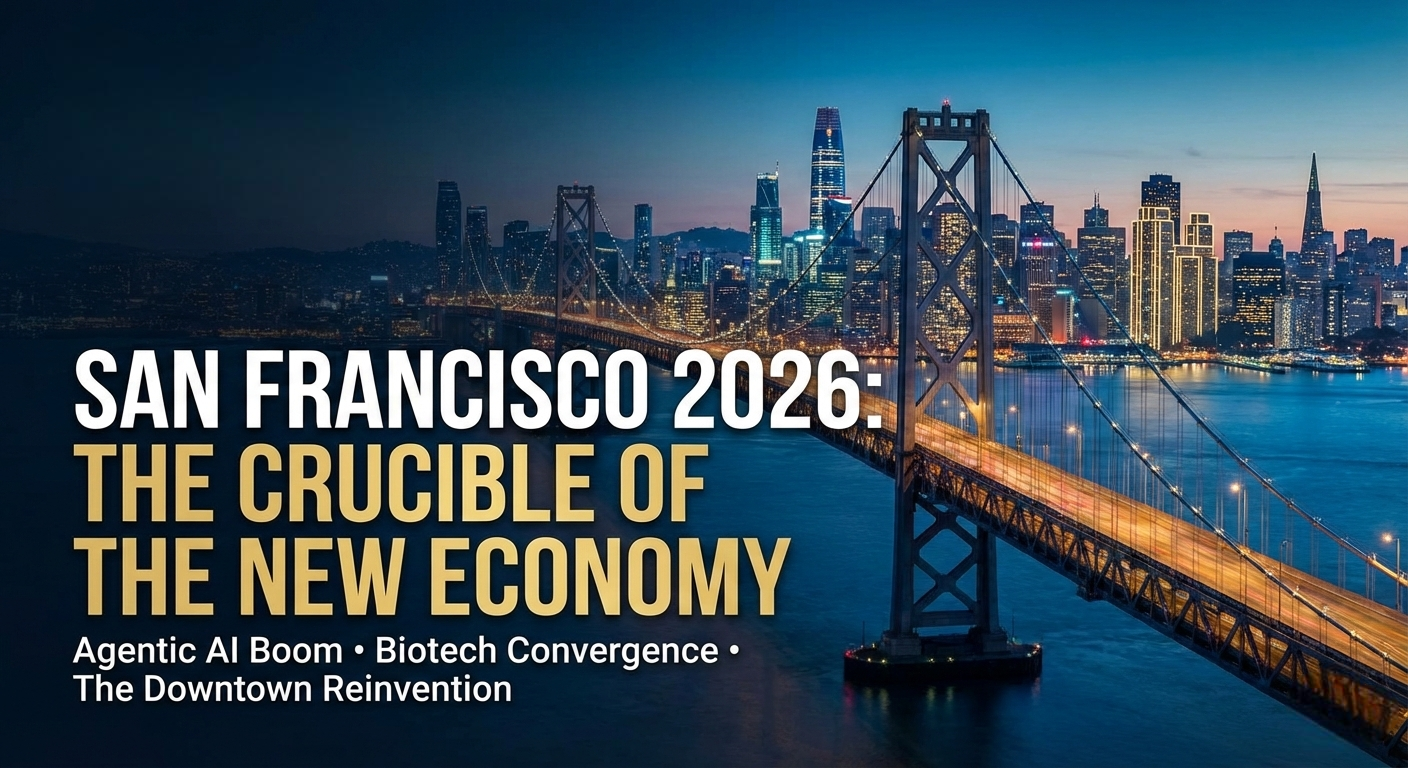In the dynamic landscape of modern business, leadership transcends mere authority and commands. It embraces a profound understanding of human emotions, relationships, and motivations. This paradigm shift underscores the significance of emotional intelligence (EI) in leadership. As organizations navigate through complexities, leaders equipped with high emotional intelligence emerge as catalysts for success, fostering cohesive teams, nurturing innovation, and steering their enterprises towards sustainable growth. Emotional intelligence refers to the capacity to recognize, understand, and manage both one’s own emotions and those of others. It encompasses self-awareness, self-regulation, empathy, and social skills, forming the cornerstone of effective leadership.
The Role of Emotional Intelligence in Leadership
Self-Awareness:
Leaders with high emotional intelligence possess a profound understanding of their strengths, weaknesses, and triggers. This self-awareness goes beyond superficial introspection; it involves a continuous journey of self-discovery and introspection. By recognizing their emotional states and triggers, these leaders develop resilience in the face of adversity. They can navigate challenges with composure, ensuring that their decisions are grounded in clarity rather than emotional turbulence. Moreover, self-aware leaders inspire authenticity within their teams, fostering an environment where individuals feel empowered to acknowledge and address their own strengths and limitations.
Self-Regulation:
Effective leadership demands the ability to regulate one’s emotions, particularly in high-pressure situations. Leaders with strong self-regulation skills exhibit resilience, maintaining their composure even amidst uncertainty and chaos. By managing their emotions constructively, they set a precedent for emotional discipline within their teams. This discipline translates into a culture of stability and adaptability, where employees feel empowered to confront challenges with confidence and poise. Furthermore, self-regulated leaders serve as role models, demonstrating the value of emotional resilience in achieving long-term goals and organizational objectives.
Empathy:
Empathy lies at the heart of effective leadership, shaping relationships and driving meaningful connections within teams. Leaders who demonstrate empathy foster an inclusive environment where individuals feel heard, understood, and valued. By acknowledging the perspectives and concerns of their team members, empathetic leaders cultivate trust and psychological safety. This foundation of trust serves as a catalyst for collaboration, innovation, and collective problem-solving. Moreover, empathetic leaders empower their teams to embrace diversity and celebrate individual differences, fostering a culture of belonging and mutual respect.
Social Skills:
Leadership transcends authority; it hinges on the ability to navigate complex interpersonal dynamics with grace and finesse. Leaders with strong social skills excel in communication, negotiation, and conflict resolution. They possess the charisma and persuasiveness to inspire others towards a shared vision, aligning individual aspirations with organizational goals. Furthermore, socially adept leaders foster a culture of openness and transparency, where constructive feedback is valued and dissent is welcomed as an opportunity for growth. By nurturing high-performing teams built on trust and collaboration, these leaders lay the foundation for sustained success and organizational excellence.
The Impact of Emotional Intelligence on Organizational Success
Employee Engagement and Retention:
Leaders who prioritize emotional intelligence recognize that employee engagement goes beyond mere satisfaction; it entails fostering a deep sense of connection and purpose within the organization. By cultivating a culture where employees feel valued, understood, and empowered, emotionally intelligent leaders lay the groundwork for sustained engagement and retention. Engaged employees are not only more productive but also more loyal to the organization’s mission and values. They become advocates for the brand, driving positive word-of-mouth and enhancing the organization’s reputation as an employer of choice. Consequently, higher retention rates translate into reduced turnover costs, enabling the organization to invest resources in talent development and strategic initiatives.
Enhanced Decision-Making:
In the fast-paced world of business, decision-making is often fraught with uncertainty and complexity. Leaders adept in emotional intelligence recognize that decisions cannot be divorced from their emotional context. By cultivating empathy and foresight, emotionally intelligent leaders make informed decisions that resonate with both logic and intuition. They consider the emotional implications of their choices, understanding how they may impact various stakeholders within and outside the organization. This holistic approach to decision-making mitigates risks, anticipates consequences, and fosters outcomes driven by consensus and shared purpose. Moreover, emotionally intelligent leaders empower their teams to participate in the decision-making process, fostering a culture of ownership and accountability that fuels organizational success.
Conflict Resolution:
Conflict is an inevitable aspect of organizational dynamics, arising from diverse perspectives, competing interests, and limited resources. However, leaders with high emotional intelligence approach conflict as an opportunity for growth and transformation. Rather than avoiding or suppressing conflict, they embrace it as a catalyst for innovation and collaboration. Emotionally intelligent leaders navigate conflicts constructively, facilitating open dialogue and promoting understanding among conflicting parties. By fostering a culture of psychological safety and trust, they create an environment where individuals feel empowered to voice their concerns and explore creative solutions. Through active listening and empathetic communication, emotionally intelligent leaders guide teams towards resolution, safeguarding team cohesion and productivity in the process.
Innovation and Adaptability:
Leaders who embrace emotional intelligence understand that innovation thrives in environments where experimentation is encouraged, failure is viewed as a learning opportunity, and adaptability becomes a competitive advantage. By fostering a culture of psychological safety and risk-taking, emotionally intelligent leaders inspire creativity and exploration. They empower their teams to challenge the status quo, experiment with new ideas, and embrace uncertainty as a catalyst for growth. Moreover, emotionally intelligent leaders lead by example, demonstrating resilience and adaptability in the face of change. By embracing innovation as a mindset rather than a destination, they position their organizations for sustained success in an increasingly dynamic and competitive landscape.
Cultivating Emotional Intelligence in Leadership
Developing emotional intelligence is a journey marked by self-reflection, active listening, and continuous learning. Organizations can facilitate this process by providing leadership development programs, coaching, and fostering a culture that values emotional intelligence as a core competency. Leaders who harness the power of emotional intelligence foster environments where authenticity, empathy, and collaboration thrive. As organizations navigate through the complexities of the modern era, investing in emotional intelligence equips leaders with the tools necessary to inspire, innovate, and lead with purpose towards a future defined by resilience and sustainable success.



















